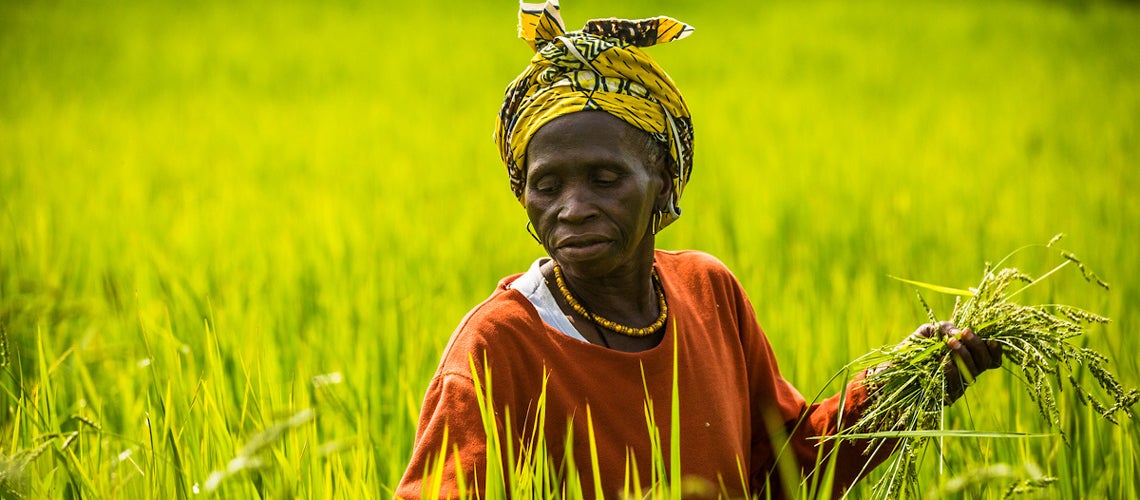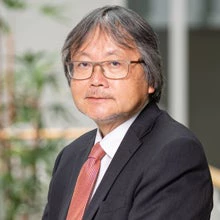 Photo credit: Vincent Tremeau/World Bank
Photo credit: Vincent Tremeau/World Bank
It feels like a lifetime ago, but somehow also like it was yesterday, that the COVID-19 crisis descended upon our lives. It caused unimaginable upheaval—reversing gains and creating colossal new demands. As well-resourced countries worked quickly to protect their people, the World Bank’s International Development Association (IDA) stepped up to ensure the poorest people were not left behind in this race to recovery.
Today, three years later, the World Health Organization has declared an end to COVID-19 as a global health emergency. Yet there’s barely a moment to breathe a sigh of relief. A fresh crisis—Russia’s invasion of Ukraine—has been plaguing the world and taking unfair and devastating tolls on developing countries.
This invasion has exacerbated the global surge in energy and food prices and worsened rising inflation. The fallout is hitting the poorest and most vulnerable people the hardest. Furthermore, the spillover of the conflict is further worsening the significant setbacks caused by COVID-19 and climate change, especially in Africa and the Middle East.
So once again, IDA is stepping up to the challenge. The World Bank Board just approved the recommendation to set up the IDA Crisis Facility, which will scale up support for the world’s poorest countries. It will help address worsening development challenges due to the overlapping global crises, particularly food insecurity and extreme climate events. In the spirit of global solidarity that underpins IDA, it will also join international efforts to drive recovery and reconstruction in Ukraine, and address impacts of the conflict in neighboring Moldova—home to an influx of Ukrainian refugees.
A flexible financial model is at the heart of crisis response
The adaptability of IDA’s financial model has proven to be essential amid crises . For example, when COVID-19 hit, IDA stakeholders endorsed historic adjustments to the then-ongoing cycle (IDA19) to meet the needs of countries. They recommended shortening the cycle from three years to two, making funds available for the urgent response.
Today, IDA’s financial model is once again adapting—this time through the new crisis financing facility that will multiply each dollar in contributions to respond to food insecurity; deal with economic shocks; address increasingly frequent and severe natural disasters; and respond to health emergencies and severe disease outbreaks.
Lessons from the COVID-19 pandemic can inform current and future crisis response
The COVID-19 pandemic was yet another crisis that left us with many lessons and realizations—many of which are detailed in the new IDA19 Retrospective report. For example, we learned the importance of balancing emergency response with long-term development. Surge financing was used across a broad swath of sectors to cushion setbacks and protect development gains in climate, health, education, agriculture, infrastructure, social protection, and other critical development priorities.
We also learned the importance of strengthening systems to build resilience ahead of future pandemic and crisis shocks, as IDA mostly capitalized on these systems such as social safety nets that enabled governments to move quickly to support the poorest communities. Equipped with these lessons, the Crisis Facility will integrate elements that strengthen resilience to future shocks, help prevent future crises, or mitigate their economic and social impact.
Going forward, preparedness and flexibility are the name of the game
The relentless stream of shocks hitting countries has underscored the importance of breaking the “panic and neglect” cycle with investments in crisis preparedness during times of normalcy and peace. They have also proven that IDA, or any tool designed to effectively support countries, must be flexible enough to adjust to unforeseen crises, and sufficiently resourced to respond to urgent and widespread needs.
I am proud to be part of a global network of stakeholders who stand in unwavering solidarity with the poorest and most vulnerable people . As the Crisis Facility unfolds, I look forward to implementing lessons learned from COVID-19 and, of course, learning new ones in these unprecedented times.


Join the Conversation